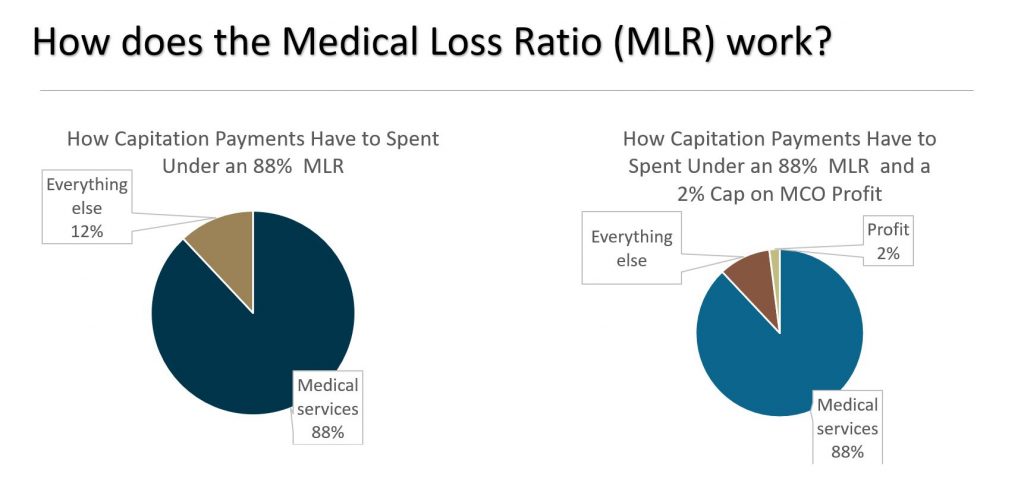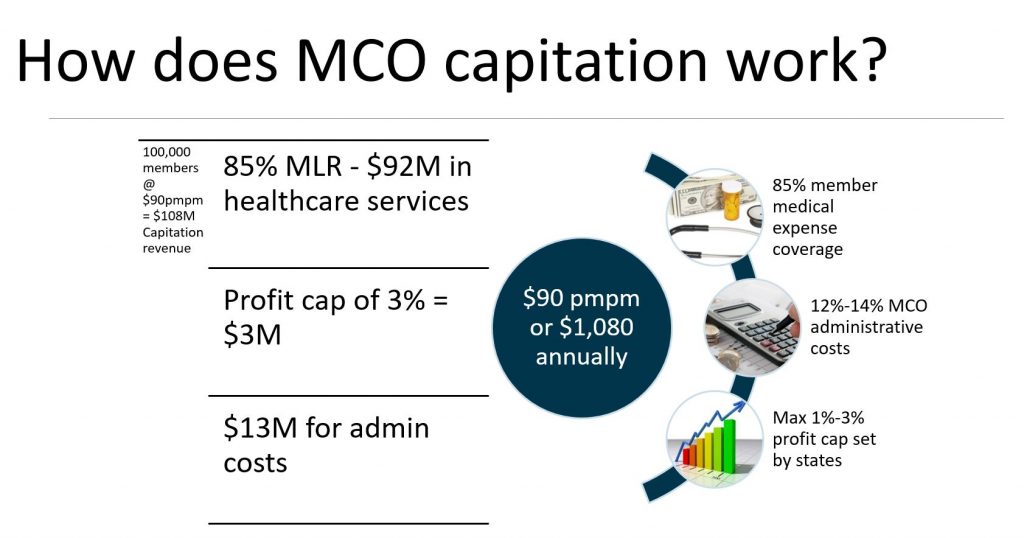MM Curator summary
The health insurance giant continues its payer and provider services build out with the $13B purchase of Change.
The article below has been highlighted and summarized by our research team. It is provided here for member convenience as part of our Curator service.
(Bloomberg) — UnitedHealth Group Inc. agreed to purchase Change Healthcare Inc. in a deal that values the health technology company at about $8 billion.
UnitedHealth will pay $25.75 per share in cash, the companies said Wednesday, a 41% premium over Change Healthcare’s closing price Tuesday of $18.24. Including more than $5 billion in debt owed by Change Healthcare, the deal amounts to $13 billion.
The deal will combine Change Healthcare with UnitedHealth’s OptumInsight unit to offer software, data analytics, technology and other services to the health-care industry.
The acquisition is one of UnitedHealth’s largest and is another step in expanding the company’s health services business under its Optum division. The companies said the combination would help simplify services around medical care to improve health outcomes and lower costs.
Both businesses inhabit the complex behind-the-scenes space of U.S. health care, where companies determine what medical care is appropriate and provide services to move information on claims and payments between insurers, medical providers, and patients.
“Together we will help streamline and inform the vital clinical, administrative and payment processes on which health care providers and payers depend to serve patients,” Andrew Witty, president of UnitedHealth Group and chief executive officer of Optum, said in a news release.
Change Healthcare rose 39% in premarket trading at 6:56 a.m. in New York. They had gained 16% in the past 12 months through Monday. UnitedHealth fell 2.3% in premarket trading.
Broadening Reach
In recent years, UnitedHealth has broadened its reach well beyond health insurance. Through its Optum division, the company increasingly delivers medical care directly to patients and sells consulting, technology, and data to other health-care entities.
Change Healthcare’s CEO, Neil de Crescenzo, will lead the combined business unit as the CEO of OptumInsight, the companies said. Nashville, Tennessee-based Change Healthcare has about 15,000 employees, according to data compiled by Bloomberg.
OptumInsight is the smallest business unit in the Optum family by revenue, yet it has the highest operating margins of the company’s reported segments, exceeding 20% in each of the last three full years.
The OptumInsight business accounted for about $2.8 billion in revenue in the three months ending Sept. 30, according to filings, or about 4% of the company’s total. That includes revenue from outside clients as well as “affiliated customers” within UnitedHealth Group. Change Healthcare reported revenue of $756 million in the same period.
The deal is expected to close in the second half of 2021. Private equity funds affiliated with Blackstone Group Inc. that own about 20% of Change Healthcare’s common stock have agreed to vote in favor of it, the companies said. It’s expected to boost UnitedHealth’s adjusted earnings per share by $0.50 in 2022, the companies said.
The acquisition is the second major health-care deal in the first week of 2021. On Monday Centene Corp. agreed to buy Magellan Health Inc. for $2.2 billion.
Clipped from: https://finance.yahoo.com/news/unitedhealth-purchase-change-healthcare-13-113122374.html












